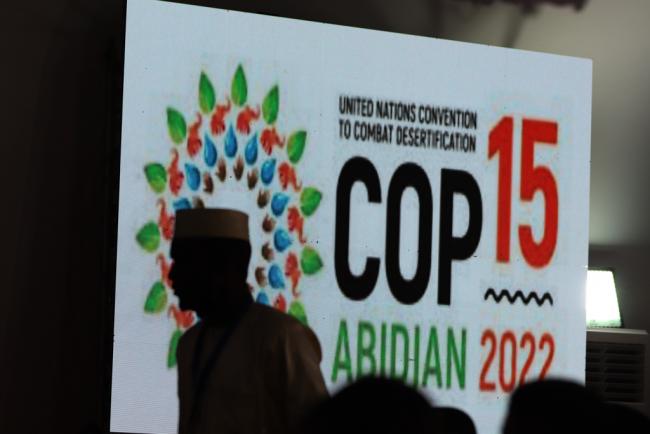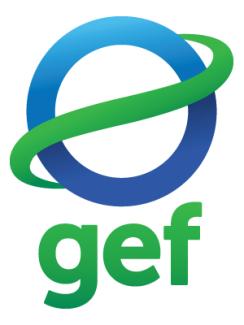Sustainable land management (SLM) is critical in addressing global issues such as poverty, food insecurity, water scarcity, climate change, and human security. However, land is being degraded worldwide due to human-induced actions that exploit land, causing its utility, biodiversity, soil fertility, and overall health to decline. We have already altered 70 percent of all ice-free land, impacting over 3.2 billion people. Following this trajectory, the figure is likely to be 90 percent by 2050, with the impacts of land degradation felt by most of the world’s population.
Land degradation also: changes and disrupts rainfall patterns, exacerbates extreme weather like droughts or floods, and drives further climate change. It results in social and political instability, which drives poverty, conflict, and migration. The UNCCD’s goal of land degradation neutrality (LDN) can halt, and reverse, this alarming trend. Already, 129 countries have pledged (or are aiming) to halt land degradation by 2030.
Achieving LDN requires: avoiding new degradation by maintaining existing healthy land; reducing existing degradation by adopting SLM practices that can slow degradation while increasing biodiversity, soil health, and food production; and increasing efforts to restore and return degraded lands to a natural or more productive state.
To further explore some of these issues the Rio Conventions Pavilion held a Land for Life Day on the sidelines of the 15th meeting of the Conference of the Parties (COP 15) to the UN Convention to Combat Desertification (UNCCD).
The day consisted of two parts: a morning session hosted by the Global Environment Facility (GEF); and an afternoon session hosted by the UNCCD with support from the Elion Foundation.
The GEF-led programme included: the sharing of experiences by different stakeholders who have been involved in advancing the LDN agenda and mainstreaming gender in this agenda; discussions on cross-cutting project issues that can affect the success and durability of countries’ LDN targets; and a presentation on LDN in the context of the eighth GEF replenishment (GEF-8). In addition, participants viewed videos on improving livelihoods through restoration of Chalghoza Pine in Pakistan and forest landscape restoration in Cambodia.
The afternoon programme showcased the Land for Life Programme, including the Land for Life Award, Land Heroes, and Land Ambassadors. In an interactive dialogue with the Land Ambassadors, audience members—many of them young people—put questions to former President of Finland Tarja Halonen, Land Ambassador Byong Hyon Kwon, and Grammy Award-winning artist Ricky Kej. During a session titled "Mother Earth and Her Daughters: Women and Life for Life," prominent environmental activists shared their experiences as women advancing gender equality and ecosystem restoration at the same time. Finally, four Land Heroes shared their experience as young people working to overcome barriers in Kenya, Uganda, Nigeria, and Zambia.
An evening event celebrated the 10th anniversary of the Changwon Initiative. The event was co-organized in collaboration with the UNCCD and the Korea Forest Service to celebrate the Initiative’s achievements, as well as to raise awareness about the Initiative’s contribution to achieving LDN. The Initiative has also supported the UNCCD's Land for Life Award, which was presented to Familial Forestry, conceptualized by Shyam Sunder Jyani, an Associate Professor of Sociology in northwestern India whose self-financed efforts to encourage families to plant and adopt native trees has led to over 2.5 million saplings being planted in 15 years.
The Changwon Initiative, launched at UNCCD COP 10 by the Republic of Korea, aims to forge partnerships in implementing the Convention towards global targets to combat desertification and supports national voluntary target setting processes to achieve LDN. More than 100 countries currently participate in the Initiative.
All ENB photos are free to use with attribution. For Rio Convention Pavilion events during UNCCD COP15, please use: Photo by IISD/ENB | Matthew TenBruggencate.
To receive free coverage of global environmental events delivered to your inbox, subscribe to the ENB Update newsletter.
Select photos

Salih Serdar Yegül, UNCCD National Focal Point, Turkey; Herve Lefeuvre, WWF-USA,
Bora Masumbuko, IUCN; Hernan Gonzalez, LD lead, GEF team, FAO; Graciela Metternicht, GEF STAP
























